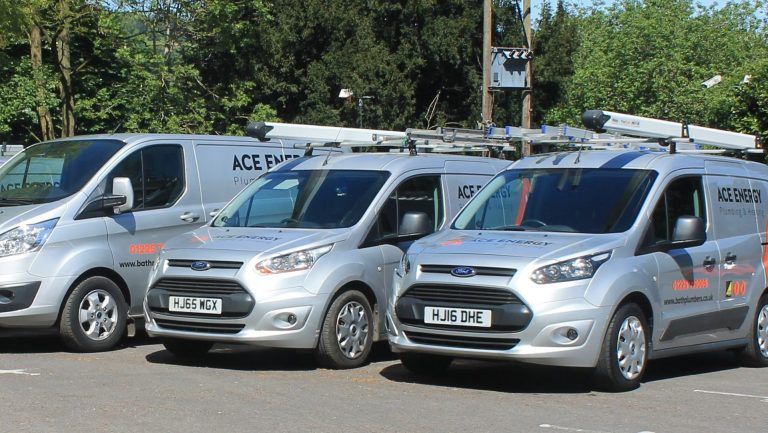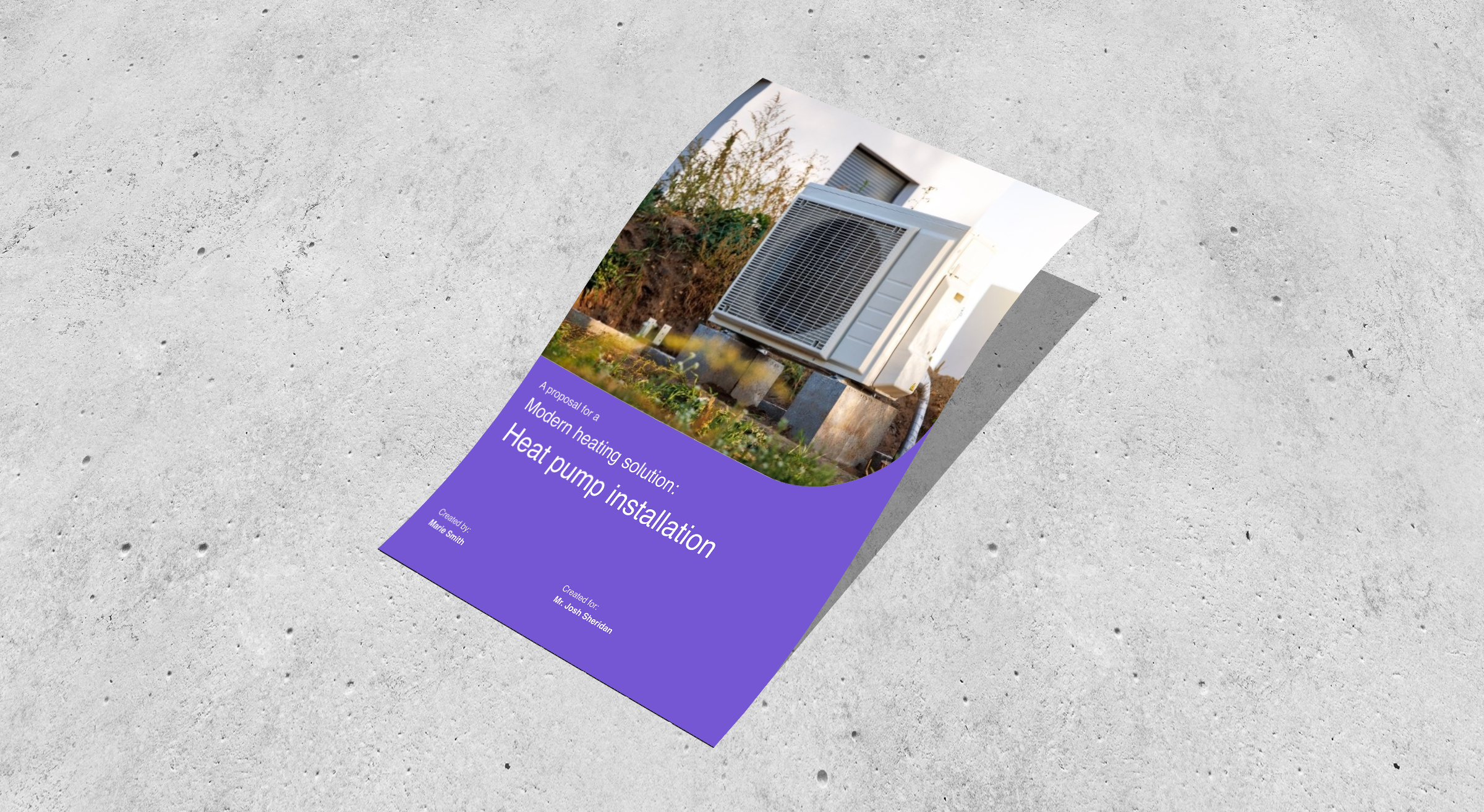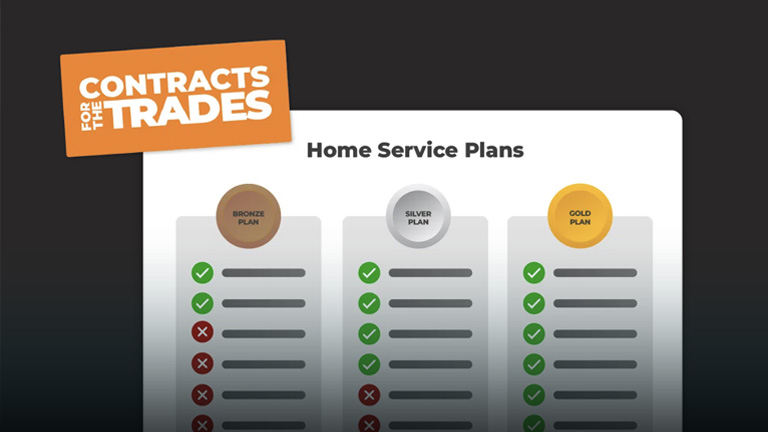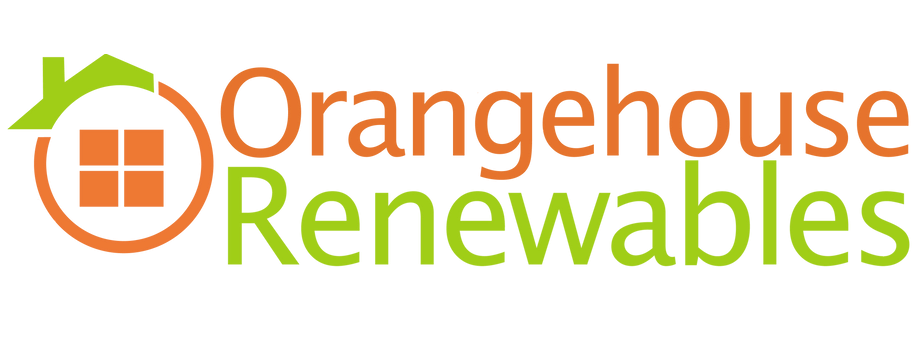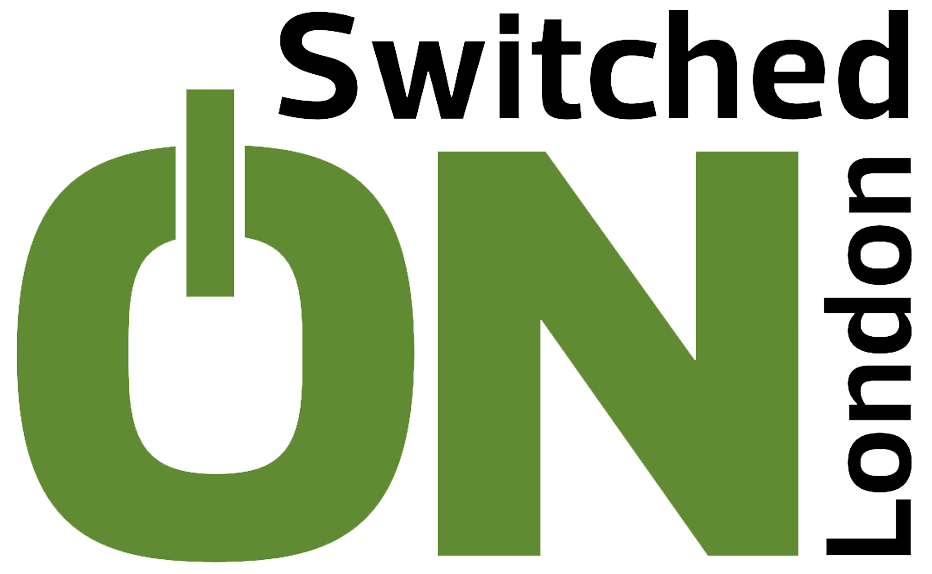What is VAT Reverse Charge and How Does it Affect My Invoices?
August 10, 2021 | Read: 4 minutes

At this point in your self-employed journey, we’re sure you’re familiar with Value Added Tax, (or VAT for short), but one area you may be less clear about is VAT Reverse Charge.
This week’s post comes courtesy of the accounting experts at Crunch, find out more about them here!
New reverse VAT rules came into effect in March 2021, altering the way VAT-registered businesses operating under the Construction Industry Scheme (CIS) present their invoices.
These news rules can be a little complex and you’ll need to understand how they affect your sales invoices and your VAT returns.
So, what is it and how exactly does it affect you?
Let’s dive in:
What is the VAT reverse charge?
This is a way of accounting for VAT, where your end-client accounts for VAT, but the supplier of the construction services does not.
The reverse charge means the end-client receiving construction services will need to pay the VAT to HMRC instead of the supplier. The end-client recovers VAT subject to the normal rules set by HMRC.
These new rules from the government apply to standard rate VAT or reduced-rate construction services provided by VAT-registered businesses. They don’t apply to supplies of services which are zero-rated, such as the construction of housing.
If you don’t make an onward supply of construction services, you won’t have an end-client and normal VAT rules will therefore apply.
Your 5-step guide to VAT reverse charge:
Here’s a simple five-step guide to help you better understand when normal VAT applies, and when reverse VAT applies:
- Does the supply fall within the scope of CIS?
- If yes, proceed to question two.
- If no, normal VAT applies.
- Is the supply standard or reduced rated?
- If reduced or standard, proceed to question three.
- If no, normal VAT applies.
- Is your customer/contractor VAT registered?
- If yes, proceed to question four.
- If no, normal VAT applies.
- Is your customer/client CIS registered?
- If yes, proceed to question five.
- If no, normal VAT applies.
- Has your customer/client confirmed that they are the end-client?
- If yes, normal VAT applies.
- If no, reverse VAT applies.
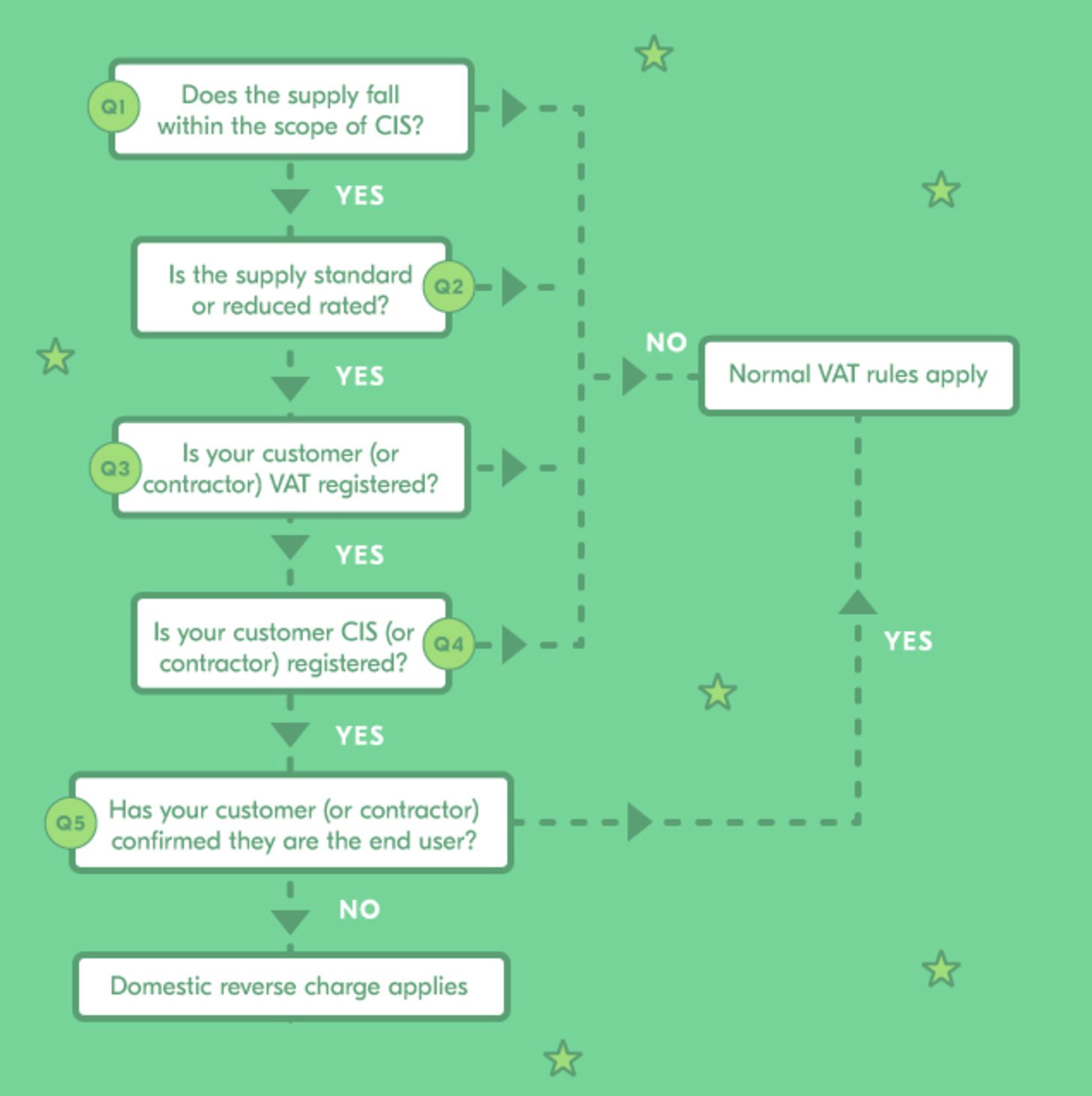
So what does DRC mean for me?
If you’re a subcontractor and you’re invoicing a client/contractor in a supply chain, you’ll either have to charge VAT as normal or apply reverse. For the latter, your invoice total will not include VAT. Supplier management software can help you navigate every purchase order.
However, your invoice must include a statement advising your client/contractor that the reverse charge rules apply, stating the amount of output VAT to be applied (20% if it’s the standard rate of VAT). Your client/contractor will need to include that amount on their VAT return. You do not include anything on your VAT return about the reverse charge.
If you are the main contractor receiving a VAT reverse charge invoice from a subcontractor, you should continue to record it as a normal expense invoice and include input VAT on your VAT return.
You’ll also need to account for the reverse charge VAT the subcontractor has notified you about. The overall effect on your VAT liability is neutral since the output VAT is covered by the input VAT.
We recommend that you speak to an accountant or specialist tax advisor if you believe the new VAT rules apply to your business, or if you have any questions about what you need to do.
Learn more about accounting tools:
If you think you’d benefit from dedicated accountancy support, Crunch offers a complete accountancy service with unlimited support for small businesses and the self-employed.
Crunch is an award-winning online accounting service that supports freelancers, contractors, and practically anyone who’s self-employed.
For over ten years, Crunch has combined easy-to-use, online accounting software with actual human beings, so that you’re always able to access your accounts and seek the support you need.
Find out more at crunch.co.uk.
Using Commusoft, a field service management software, you can integrate accounting tools (like Xero and Quickbooks) into your businesses seamlessly and streamline your invoicing management.

